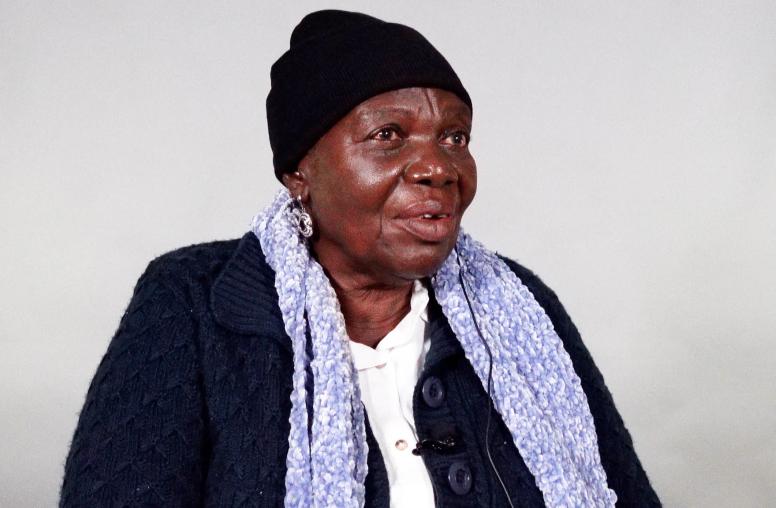Delivering Justice for Syria: Assessing the Progress of the IIIM
Since the U.N. General Assembly established the International, Impartial and Independent Mechanism (IIIM) in 2016, this first-of-its-kind investigative body has played a critical role in collecting and analyzing evidence of crimes in Syria. This work has only become more essential as parties to the conflict have continued to subject civilians to indiscriminate attacks, unlawful detention, torture and enforced disappearance. Despite progress investigating and prosecuting suspected perpetrators under the principle of universal jurisdiction, accountability for international legal violations in Syria remains elusive. What progress has the IIIM made in its role as a justice facilitator, and how can the United States and civil society help deliver justice for Syrians?
On October 17, USIP hosted a discussion of the IIIM’s progress in collecting, consolidating, preserving and analyzing evidence of international humanitarian law and human rights violations in Syria. The conversation looked at how the IIIM has engaged with civil society documentation efforts and supported investigations and prosecutions of international crimes. It also explored how the IIIM paved the way for the creation of similar mechanisms, as well as the effectiveness of universal jurisdiction investigations and prosecutions.
Continue the conversation on Twitter using #SyriaUSIP.
Hear a one-on-one interview with Head of the International, Impartial and Independent Mechanism Catherine Marchi-Uhel in our Event Extra podcast.
Speakers
Michael Yaffe, Ph.D., welcome remarks
Vice President, Middle East North Africa Center, U.S. Institute of Peace
Mohammad Al Abdallah
Founding Director, Syria Justice and Accountability Center
Catherine Marchi-Uhel
Head of the International, Impartial and Independent Mechanism
Beth Van Schaack
Ambassador-at-Large for Global Criminal Justice, U.S. Department of State
Mona Yacoubian, moderator
Senior Advisor, Executive Office and Middle East and North Africa Center, U.S. Institute of Peace



